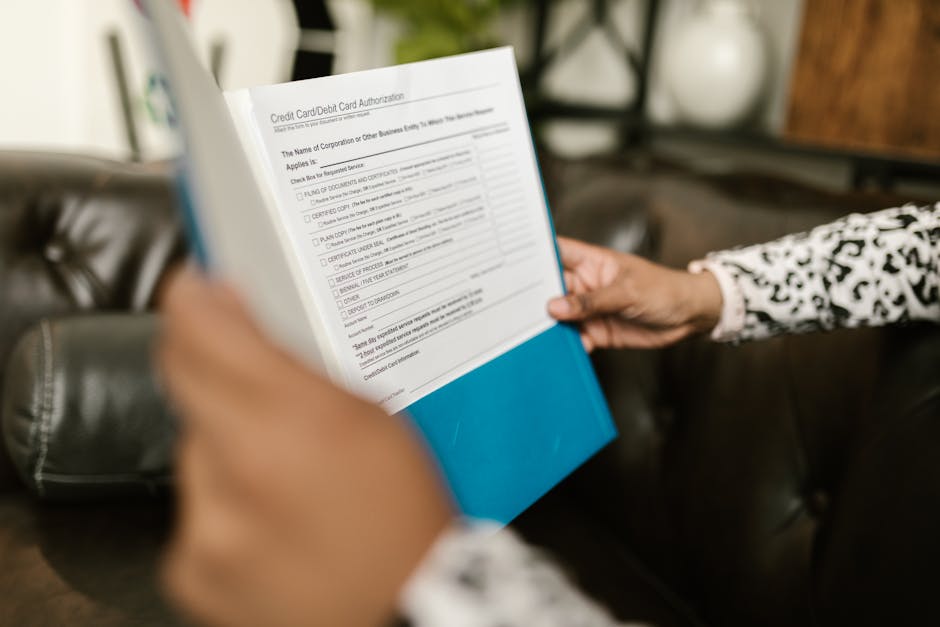Compliance Checklist for Waiter Recruitment in GCC
Understanding GCC Labor Laws for Hospitality Recruitment
First, familiarize yourself with the foundational labor laws governing foreign worker employment. Each GCC member state has unique regulations. However, common threads exist across the region. For example, the Ministry of Human Resources and Emiratisation in UAE provides clear guidelines. Similarly, Saudi Arabia’s Ministry of Labor and Social Development outlines specific requirements. Additionally, you must understand wage protection systems and working hour limitations. Therefore, always consult with local legal experts before proceeding with recruitment.
Moreover, these laws mandate specific conditions for restaurant staff. For instance, they cover maximum working hours, overtime compensation, and mandatory rest periods. Importantly, they also dictate the terms for probation periods and termination procedures. Consequently, failure to adhere can lead to severe penalties. Thus, a thorough understanding is not just advisable—it is essential.
Essential Visa and Work Permit Requirements for Waiters
Next, securing proper documentation is crucial for legal employment. The process typically begins with obtaining quota approval from the relevant ministry. Subsequently, you must apply for work permits and residency visas. This often requires medical testing, biometric data collection, and attestation of educational certificates. Additionally, some countries mandate specific training or certifications for food handlers.
Furthermore, GCC nations frequently update their immigration policies. For example, Saudi Arabia’s Qiwa platform streamlines the process for employers. Similarly, UAE’s MOHRE portal offers digital services for visa processing. Therefore, staying current with these changes is vital for successful waiter recruitment GCC compliance.
Compliant Contractual Agreements for GCC Waitstaff
Moreover, drafting legally sound employment contracts is a cornerstone of compliance. These documents must be written in Arabic, the official language of all GCC countries. They should clearly outline job responsibilities, compensation structure, working hours, and benefits. Additionally, they must specify terms for leave, end-of-service gratuity, and dispute resolution mechanisms.
Importantly, contracts must align with local labor laws. For instance, they cannot include clauses that violate statutory rights. Furthermore, they should be registered with the relevant government authority. This not only ensures legality but also protects both employer and employee. Thus, never use generic templates without local legal review.
Cultural and Religious Considerations in GCC Hospitality
Additionally, successful waiter integration requires cultural sensitivity. The GCC region has strong Islamic traditions that influence daily life and business practices. For example, work schedules must accommodate prayer times, especially during Ramadan. Similarly, dress codes should respect local modesty standards. Moreover, serving practices must comply with halal requirements.
Furthermore, understanding social norms enhances customer service. Waitstaff should be trained on appropriate greetings, gestures, and communication styles. They should also understand local customs regarding hospitality and tipping. Consequently, cultural training is not optional—it is a critical component of waiter recruitment GCC compliance.
Health and Safety Standards for Restaurant Staff
Next, maintaining high health and safety standards is both a legal and ethical obligation. GCC countries have stringent regulations for food handlers. These often include mandatory medical screenings for infectious diseases. Additionally, waitstaff must complete food safety training programs accredited by local authorities.
Moreover, workplace safety protocols must prevent accidents and injuries. This involves proper training on equipment use, emergency procedures, and first aid. Regular inspections ensure compliance with these standards. Therefore, document all training and safety measures thoroughly. This protects your business and demonstrates commitment to employee welfare.
Effective Onboarding and Training for GCC Compliance
Meanwhile, proper onboarding sets the stage for long-term compliance and success. Begin with orientation on company policies and local laws. Follow with job-specific training on service standards and point-of-sale systems. Additionally, include cultural awareness sessions and basic language instruction.
Furthermore, document all training activities. This creates a record of compliance efforts. It also helps identify areas for improvement. Regularly update training materials to reflect legal changes. Consequently, ongoing education ensures continued adherence to waiter recruitment GCC compliance requirements.
Monitoring and Maintaining Ongoing Compliance
Finally, compliance is not a one-time event but an ongoing process. Regularly audit your practices against current regulations. Stay informed about legal updates through government communications and industry associations. Additionally, maintain open communication with employees about their rights and responsibilities.
Moreover, use technology to streamline compliance management. Human resource management systems can track visa renewals, contract expirations, and training deadlines. They also facilitate reporting for government inspections. Therefore, invest in reliable software to avoid oversights and ensure continuous waiter recruitment GCC compliance.
Frequently Asked Questions About Waiter Recruitment in GCC
What are the minimum requirements for hiring foreign waiters in GCC?
Typically, waiters must be at least 18 years old, possess a high school diploma, and pass medical tests. Specific requirements vary by country, so always check local regulations.
How long does the visa process take for restaurant staff in GCC?
The process usually takes 4-8 weeks, depending on the country and completeness of documentation. Expedited services may be available for an additional fee.
Are there restrictions on working hours for waitstaff in GCC countries?
Yes, most GCC countries limit work to 8 hours per day and 48 hours per week, with overtime pay required beyond these limits. Special rules apply during Ramadan.
What cultural training should waiters receive for GCC compliance?
Training should cover Islamic customs, prayer times, modest dress codes, appropriate language, and halal food handling practices to ensure cultural sensitivity.
How can I verify the authenticity of documents provided by waiter candidates?
Use attestation services from embassies and foreign ministries. Many GCC countries also require educational certificates to be verified through dataflow or similar services.
Conclusion: Ensuring Full Compliance in Your Waiter Recruitment
In conclusion, successful waiter recruitment GCC compliance requires meticulous attention to detail across multiple domains. From understanding labor laws and visa requirements to implementing cultural training and safety protocols, each element plays a vital role. Furthermore, maintaining ongoing compliance through regular audits and employee education protects your investment and reputation. Ultimately, a compliant recruitment strategy not only avoids legal pitfalls but also enhances service quality and employee satisfaction. Therefore, use this checklist as your foundation for building a exceptional hospitality team. Ready to streamline your recruitment process? Contact our experts today for personalized guidance or schedule a consultation to ensure your practices meet all GCC requirements.




